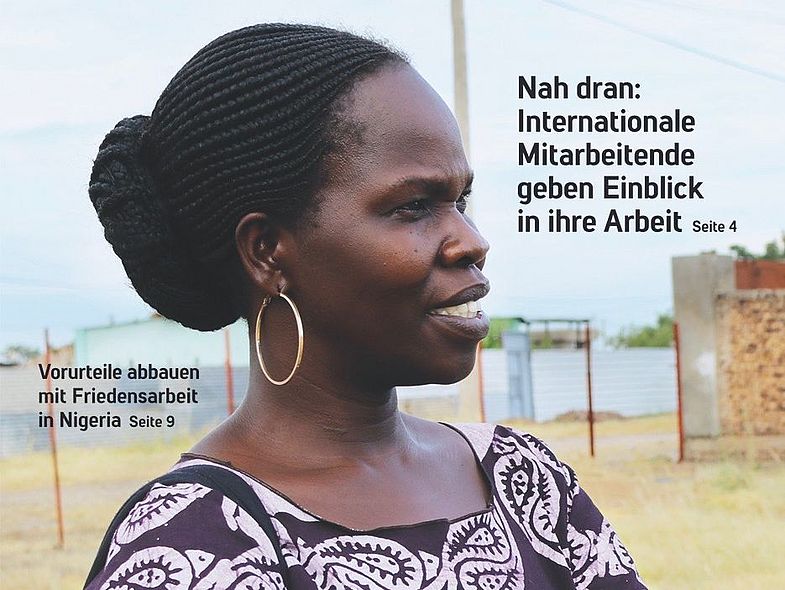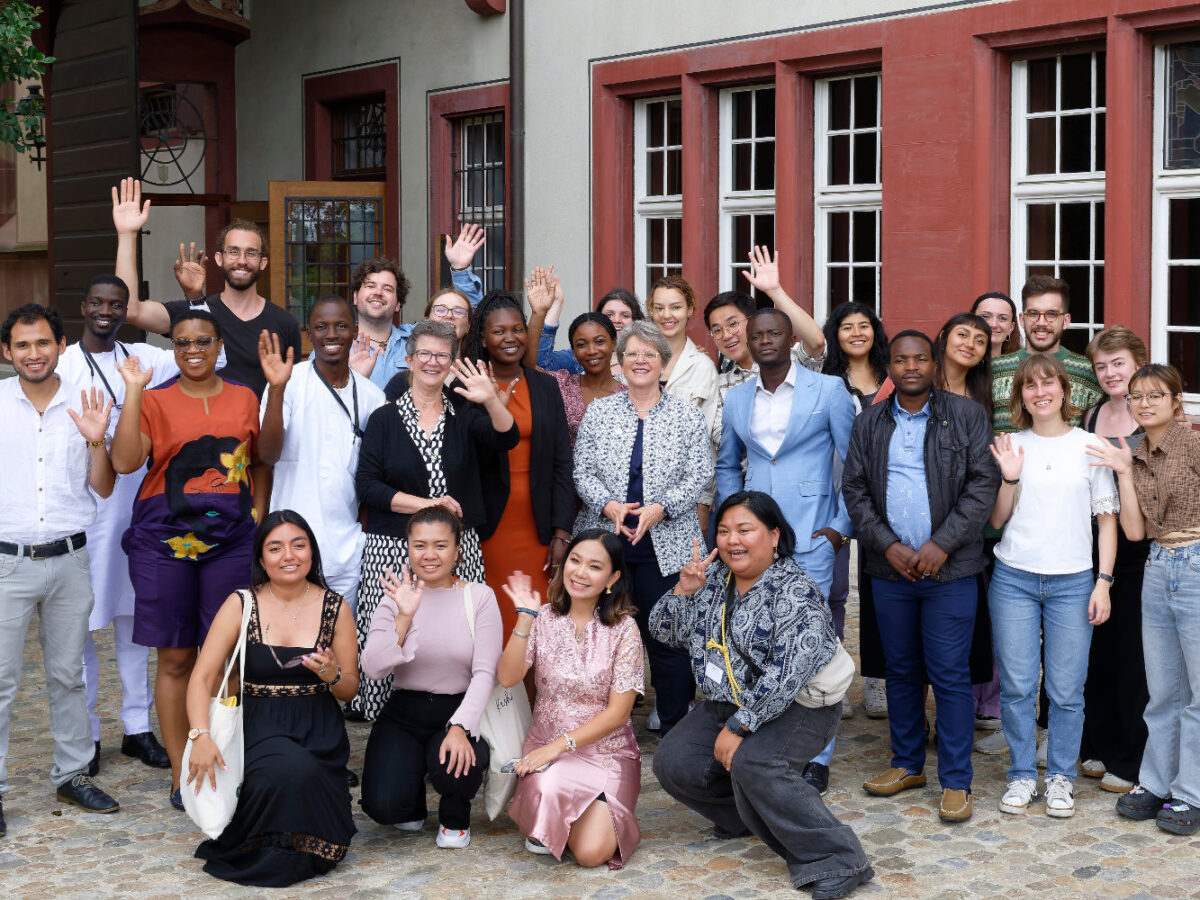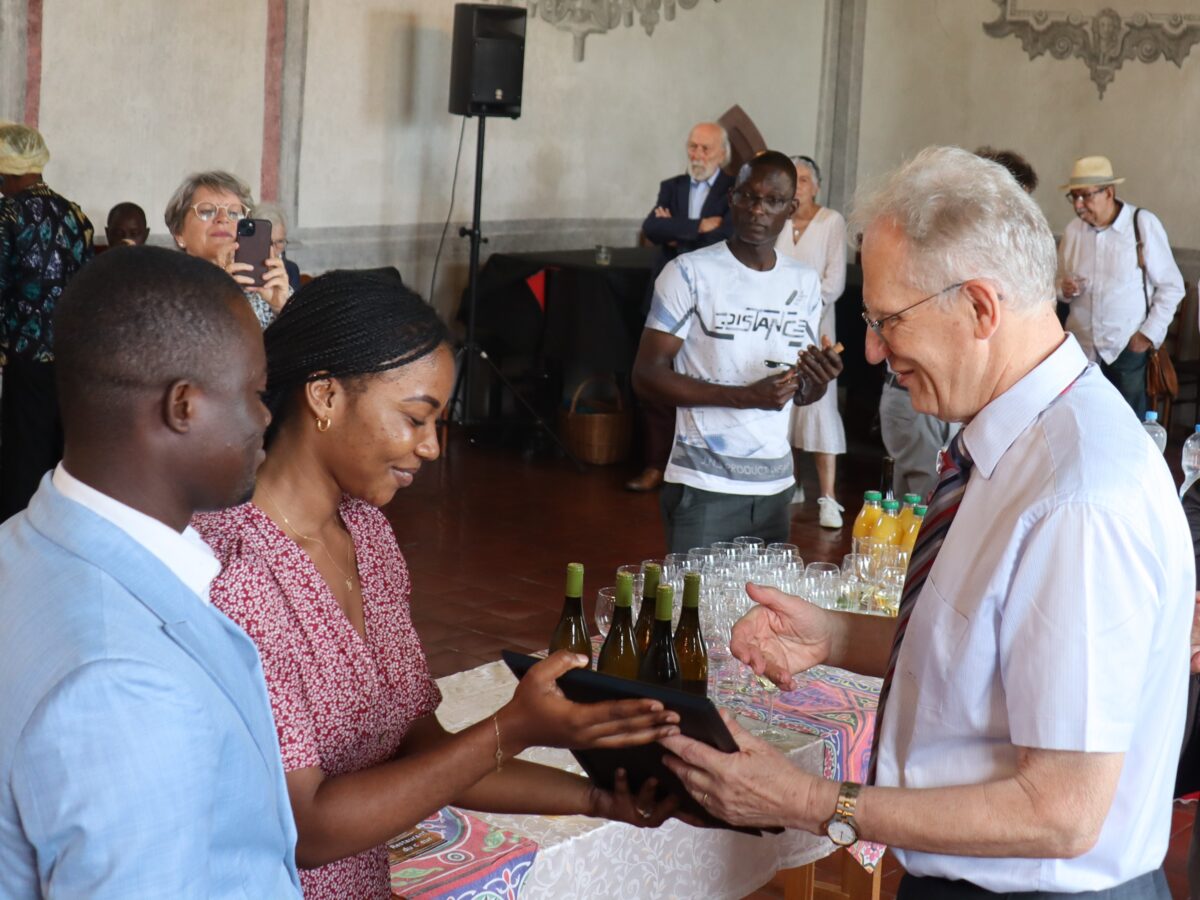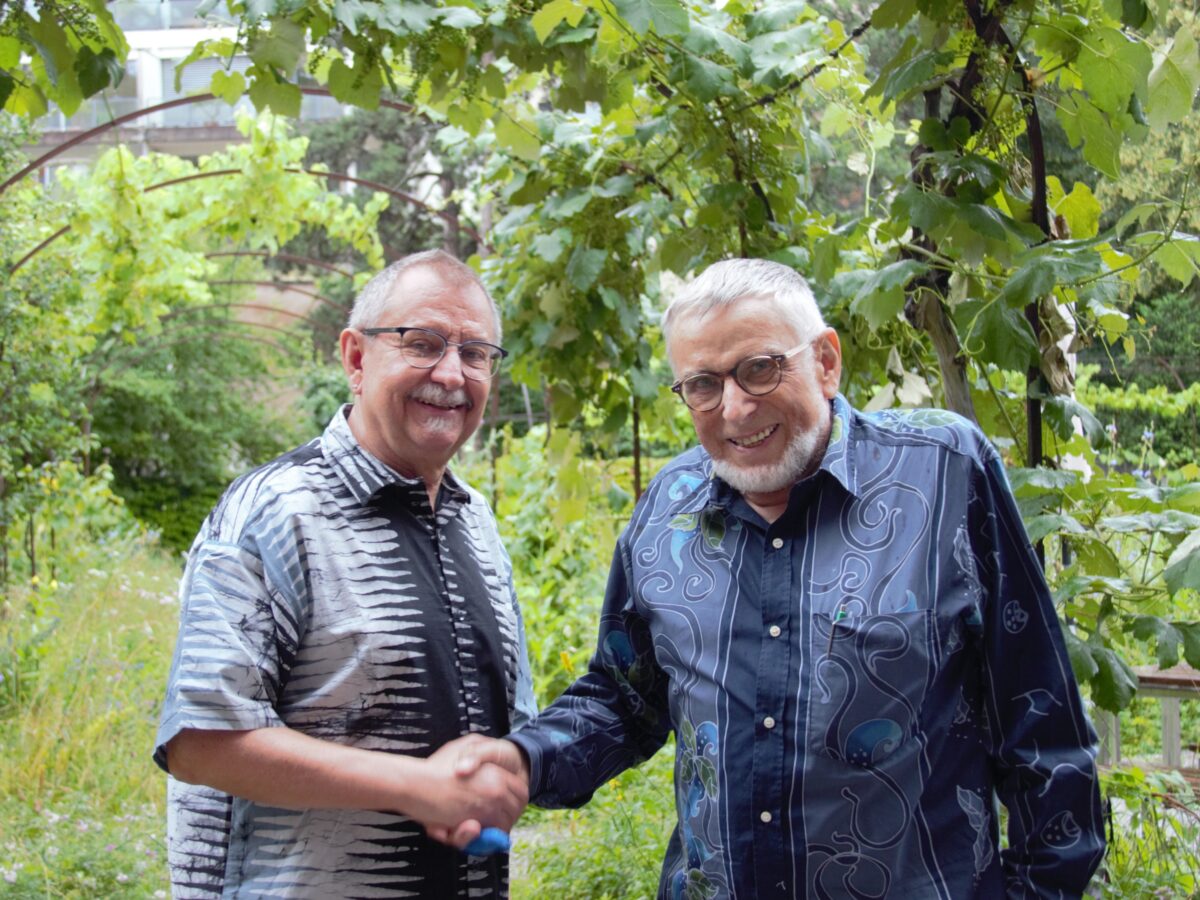Florence Guliba Hakim was born and raised in South Sudan. She has a lot of experience in peacebuilding and maintains a large network of partners. Since July, she has been coordinating our projects in South Sudan in Juba.
How do you start your day?
Florence Hakim: I get up at five o'clock and start the day with a short prayer. Then I help my children get ready for school and do the most important things around the house. When the babysitter for my youngest daughter is here, I leave for work.
What does your commute look like?
Until recently I drove a shared cab, but now I use the company car. I'm on the road for about an hour in heavy traffic. On the way, I pick up the two other colleagues in the team.
What does a typical working day look like?
It varies. Sometimes I am on the road to meet representatives of the partner churches, on other days I work in the office. Usually, the first thing I do is check if everything in the office is still the way we left it. There is a lot to do with applications and reports from projects and checking accounts. I regularly exchange information with the partners and with the office in Basel. I am also often on the road to lead workshops, for example on "Protection from sexual exploitation, sexual abuse and sexual harassment." Even in times of Covid-19, we maintain intensive contact with the partners.
What are the biggest challenges in working in South Sudan?
For all of us here, it is central that there is lasting, genuine peace. Mission 21's peacebuilding projects help to make this peace tangible. This is important, but also very challenging, because the country was in civil war for years. The contents of the 2018 peace agreement must now be implemented in concrete terms. That is still a long way off.
What keeps you most busy at work?
For example, I am currently supervising the construction of the new midwifery school in Juba. Because of the war, the school had to be relocated to Kenya; it is scheduled to move back to Juba in 2022. An important issue is to train partner organizations in reporting on projects. Our claim is to be transparent despite all the difficulties.
What do you like most about your work?
I like the fact that I feel a lot of trust from my employer and the team. This allows me to work independently and take responsibility. It's great to work with people who care about Mission 21 and who do good work.
What do you wish for with regard to 2022?
I wish that 2022 will be a year of peace and recovery in South Sudan.
Interview: Miriam Glass
In the current issue of our magazine "begegnen", several employees from all over the world talk about their commitment.
Read here the reports and interviews, for example with Erik Nijland in Bolivia or Joyce Manarisip in Indonesia.
► Click here for the latest "encounter" with reports from around the world
► Click here for all Mission 21 publications
► Here you can find more information about the work of Mission 21 in South Sudan.






